Witherer is a Canadian band born in 2015, and the band has not had a marked activity of new albums or productions, which may sound strange in these times, and that may be a little strange in a country that always has things defined within productions and new bands, but that does not mean that the band has had productions from time to time that are striking to strange ears, and that many label as Black Metal, but in the end they do not have this direct concept of the style, and this is much more a mass of extreme metal with technical, dissonant, abstract and even progressive parts, if we want to associate them within a known concept, and that is why with this sea of influences we have "Shadow Without a Horizon" released through Hypaethral Records.
Para leer la entrevista en español: Entrevista a Witherer
Metallerium: Welcome to Metallerium website, it is a pleasure to talk with you, and thank you for taking the time to do this interview. First of all, how are you all feeling, and how is Witherer now that “Shadow Without Horizon” has finally been released? Tiamoath: It’s been enormously rewarding. The album has been a long time coming, and some of the material was written very long ago. Having it released is a surreal feeling, to be sure.
Metallerium: This is our first interview with you, could you please introduce yourselves, tell us a bit about Witherer’s history, and describe the main musical influences that shaped your sound?
Tiamoath: Witherer began in 2015 as a one-man black metal project – I think the best descriptor would be “atmospheric black metal.” I had written about a dozen songs, recorded an unreleased demo, and had released the demo single “Milk Sea (Bathing in its Waves).” In 2017, I was in a car accident with a drunk driver. In the aftermath of that, I began writing material, which was much more influenced by funeral doom, and eventually decided to take Witherer in a new direction. Ohrracle (vocals, guitars) joined the band in 2022 and Hex Viscerae (drums) became a permanent member in 2023, which opened up vast new musical dimensions for the band. They’ve had a significant impact on Witherer’s sound, and they were completely on board with the project, really upping the harshness of the music as well as its overall dynamics.
In terms of main influences, they are quite expansive. We are huge fans of doom metal, obviously, everything from Spectral Voice and the Ruins of Beverast to Mournful Congregation and Ahab. But there’s strong black metal and death metal influences on the songwriting, which for each of the members comes from overlapping but distinct places. We’re all huge fans of Immolation and Ulcerate, for example. Speaking for myself, I would say a lot of these influences are more “in the background” than my previous bands, however: Witherer has placed an enormous emphasis on letting the project itself dictate the songwriting.
Metallerium: Your debut album “Shadow Without Horizon” arrives on your 10th anniversary as a band. In an era when recording an album is more accessible than ever and new releases flood the market weekly, what made you choose this moment to release your first album?
Tiamoath: Had Witherer stuck with its initial direction, I may have released an album as long ago as 2020. Before the change in musical direction, I was working on creating a full-length more in the vein of atmospheric/depressive black metal. But once I started realizing that by taking the band in a different direction, the music could be more impactful and distinctive, I started a long process of rewriting. O. and H. joining the project led to further reworking of the songs as they brought their ideas to the compositions, and the music simply grew more complex, necessitating a longer recording process than I’ve certainly experienced previously. All this is to say, it was a process of the band evolving that led to such a long gap between when I started the project and having the first album out. I anticipate future releases will happen a lot sooner than 10 years!
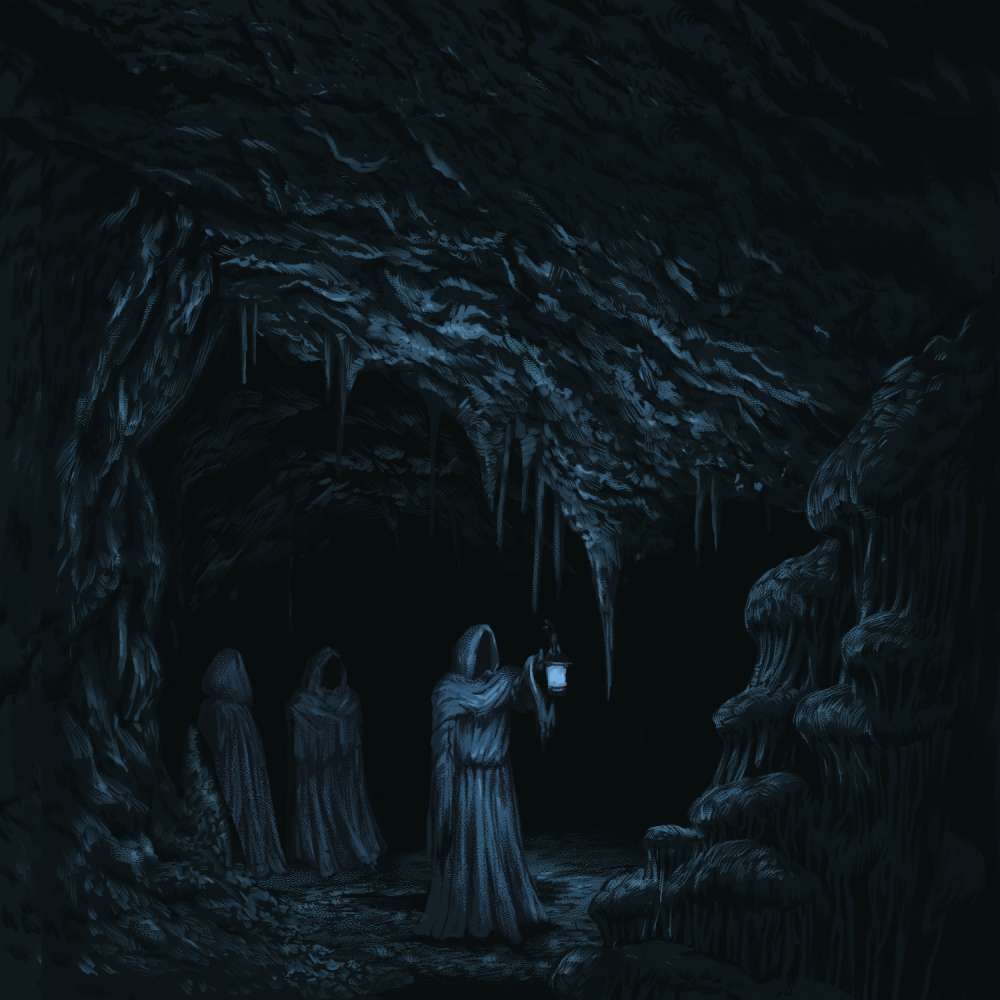
Metallerium: We, at Metallerium, reviewed your album already, and we like it a lot, considering a great debut. How have you experienced the reception from fans and the websites from music media so far?
Tiamoath: First of all, I’m quite honored that you gave it such high praise. Thank you. The reception generally has been very positive, which is quite rewarding for all of us considering how much work went into this release, the nature of the subject matter, and how long it took to bring it together. We’re really honored by the attention and feedback we’ve gotten. We have experienced some difficulty with the genre aspect of things, which is fine: we knew this would be an album that would take time to “sink in” for the listener. People have described us variously as blackened funeral doom, blackened death doom, simply as funeral doom, and so on.
Metallerium: I have seen on many websites that people label you as Black, Death, or Doom Metal, but your sound feels uniquely personal in our opinion. So, do you feel these genre tags do justice to Witherer? What inspires your music, and how does your songwriting process allow you to create songs that are extreme, atmospheric, and technically intricate?
Tiamoath: I’d say the best descriptor is probably “blackened death/doom,” but the music was driven by a specific goal: trying to write an album which functions as an hour-long memento mori. Once I had that idea, that was what drove the songwriting – merging genres such a death, black, and funeral doom was less a deliberate attempt to transcend genres and was more a matter of the dynamics required to communicate that immediate tense panic at the moment of death with the slow, dragging, long-term process of decay. Obviously, there were models we could follow – bands such as Ruins of Beverast, Lurker of Chalice, and Swallowed had trodden such ground already – but the concept drove our approach to songwriting more than anything. I wasn’t thinking in terms of genre all that much, but in terms of dynamics, contrasts, and the overall flow of the album.
Metallerium: Now, if someone asks, ‘What does Witherer sound like?’ How would you describe your style and sonic identity on this debut album?
Tiamoath: “Shadow Without a Horizon” is a memento mori put to sound, an auditory transmission of the theme of the vanitas.
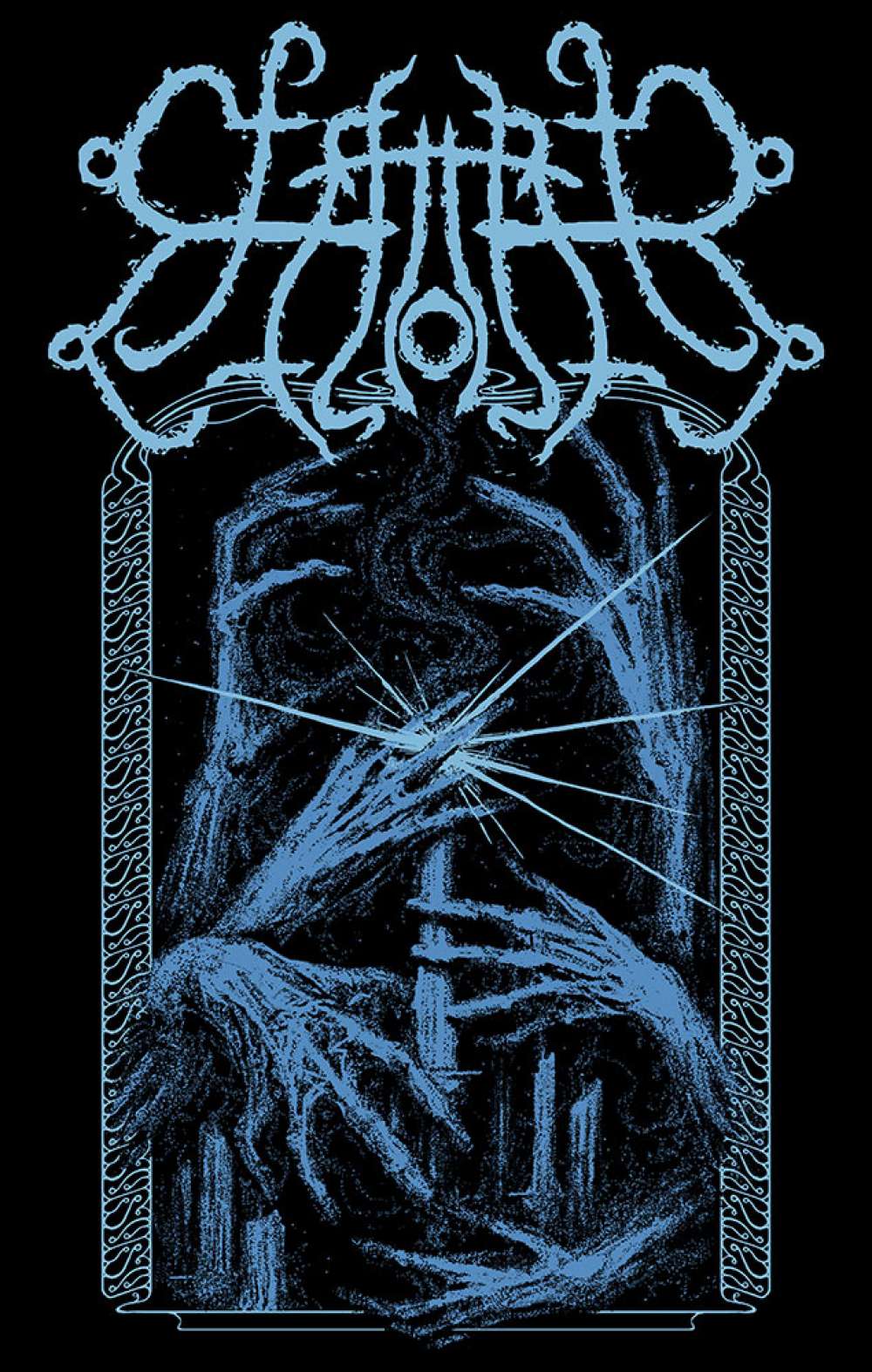
Metallerium: In addition, several songs from “Shadow Without Horizon” are quite long, in times when most listeners prefer singles and shorter songs. What made you take the decision to let certain compositions unfold at extended lengths?
Tiamoath: Certain ideas need to be explored and developed over longer spans of time: I would say it’s as simple as that. Vast dynamics that allow the song the space to build and churn, as well as dissolve and decay, hopefully bring the listener an emotional catharsis, and do an effective job of communicating the theme that structures the record.
Metallerium: Also, the cover art for “Shadow Without Horizon” is striking. How did you choose this cover art, and what aspect of the album’s themes or atmosphere were you aiming to capture visually?
Tiamoath: I explained the concept to artist Danille Gauvin (Scratched Grave Art), and we went back and forth exploring different ideas and references. One of those references was a 15th century anonymous vanitas on which the cover is based, though she adapted that into her own version, reworking it with the cave-like background and inserting different materials into the right side of the scale – I asked her to include musical instruments (our own work will one day vanish, as well!), but she inserted a lot of incredibly interesting details into the painting. I found it incredibly eerie and haunting when I first saw it, especially having this scene lingering in a cave – it makes it feel incredibly dreamlike and unsettling.
Metallerium: What are Witherer’s plans now that the album is finally released? Any plans to tour outside of Canada or produce any official music videos, since we haven’t seen any online yet? Looking ahead, what personal or creative goals does Witherer have for the next chapter of its journey?
Tiamoath: Playing live is certainly in Witherer’s future. When we play live, we want it to be very intentional, and there’s also the logistical issue of this being a long-distance project. All three of us have played live many, many times in other projects, and we want Witherer to be something a bit different live. Time will tell, but hopefully soon. At present, we are in the recording process for our next release, and well into writing the second album. For now, we are focused on “Shadow Without a Horizon” and developing the sound we’ve crafted.
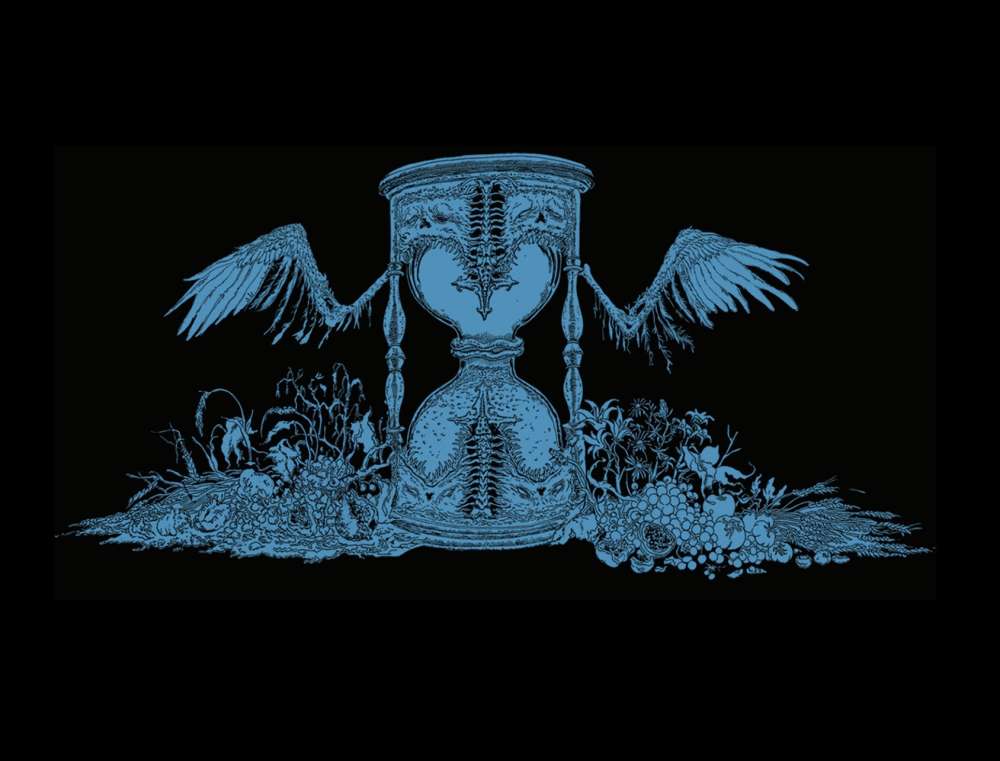
Metallerium: Talking about other topics. Having been together for ten years, how do you perceive the evolution of the extreme metal scene, as musicians rather than just fans? Do you feel there are still many aspects or sounds within the music left to explore, or has much already been done?
Tiamoath: Absolutely. Some of my favorite metal albums have come out in the last few years. Bands like The Ruins of Beverast, Spectral Lore, Mare Cognitum, Ahab, Woods of Desolation, Horrendous, Panopticon… there are so many projects releasing unbelievably powerful and inspired material. I, of course, am a fan of the classics. But even today, when there is so much music being released all the time, I’m regularly surprised by a new record. It’s an exciting time for metal right now, and I don’t think we should take it for granted.
Metallerium: Another thing, you formed the band before the COVID‑19 pandemic. Although almost everything appears to be back to normal, touring has become more costly and complex. How have you experienced these industry changes as Witherer?
Tiamoath: I think it’s more important than ever for people who are passionate about this music to support it, whether that’s through going to shows, booking bands, supporting tours, buying the music, or doing what you at Metallerium are doing, writing, interviewing, promoting, reviewing, and so on. A scene thrives on community, and to create that sense of community, people have to be involved in some fashion or another.
Metallerium: We are almost at the end of the interview. With AI advancing so fast, with tools that can create videos, artwork, or even music from simple prompts, how do you think this will affect artistic creation? Would you ever use such tools, and do you think these “creations” as a form of plagiarism since AI draws from existing artists’ work?
Tiamoath: AI is a cancer that must be carved out of the art world. To me, it’s a complete non-starter. It is theft, plain and simple, and worst of all, theft that feeds the ultra-rich scum who are ruining our world at present. I have never once used such tools: I have never put a single prompt into an AI generator – there’s no need to. The way I see it, generating an AI image or AI text would effectively be stealing from my friends, and this comes back to the point I just made about community. Support your fellow artists and fellow musicians rather than AI! And better yet, try creating something yourself, with your own two hands – there is nothing more liberating than learning such modes of self-expression.
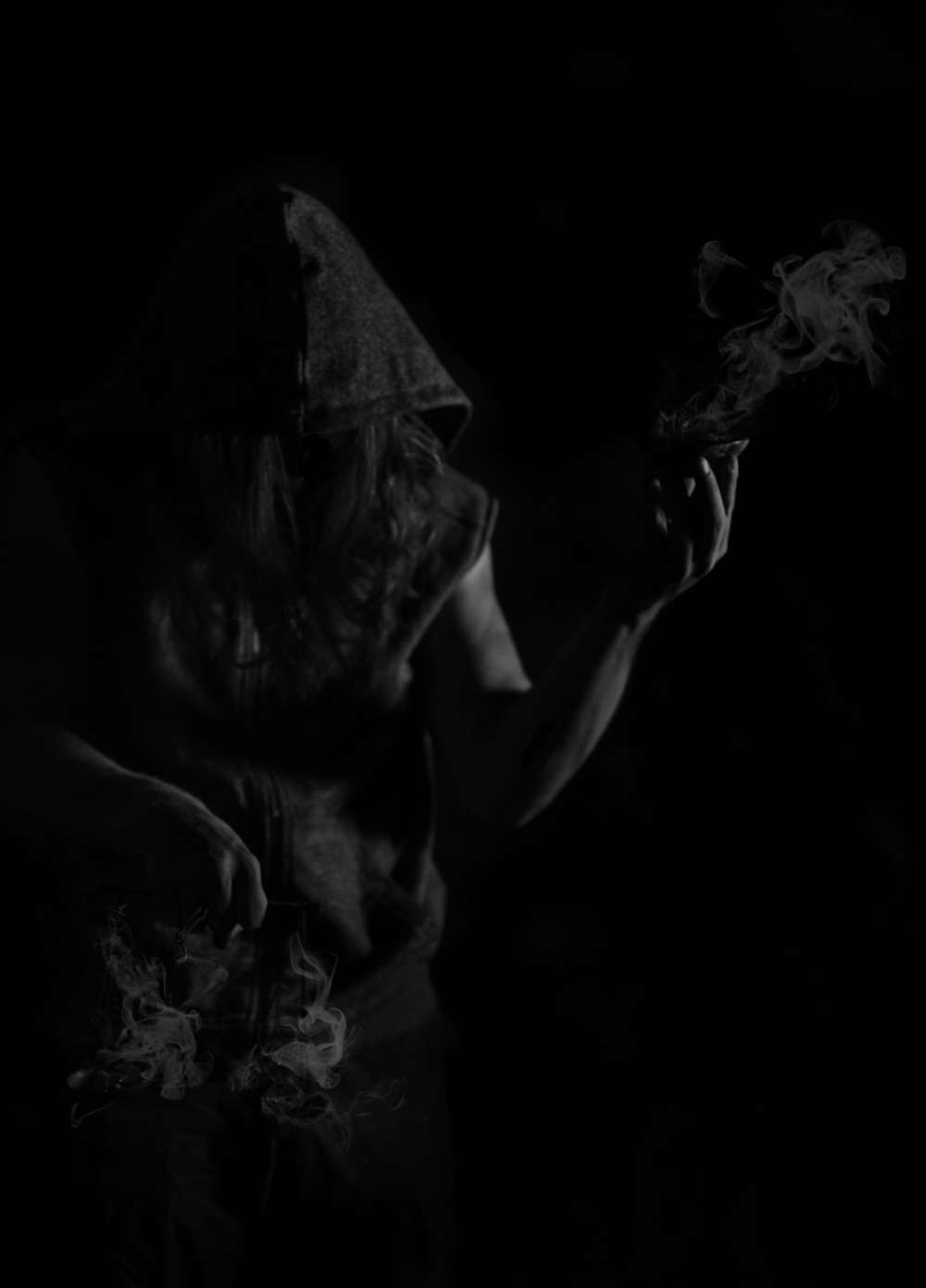
Metallerium: Finally, what advice would you give to emerging extreme‑metal bands today who are striving to develop their own unique voice in a crowded scene?
Tiamoath: I think the main advice I could give is that, as I see it, the main skill that metal musicians need at this point in time is editing. When it is (relatively) cheap and easy to record any idea, you put down, the things that I think will differentiate bands are: how refined are their ideas? How well do their songs flow? How effectively is the overall album structured? Without naming any bands, there are certain projects that I think simply release way too much material. Editing is just as important as writing. A well-honed album every two or three years with a solid, clear, focused set of ideas is more than enough, especially at a time when there are so many bands out there.
Metallerium: Thanks a lot for your time for this interview, and congratulations for your first album. I hope we will see you soon, touring across Latin America. Any words for your fans in this part of the world and Metallerium readers?
Tiamoath: We are incredibly grateful for your support! It means a lot that you are listening to and supporting our music.

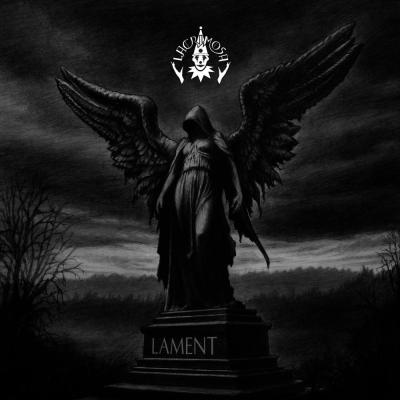 Lacrimosa - Lament - 2025
Lacrimosa - Lament - 2025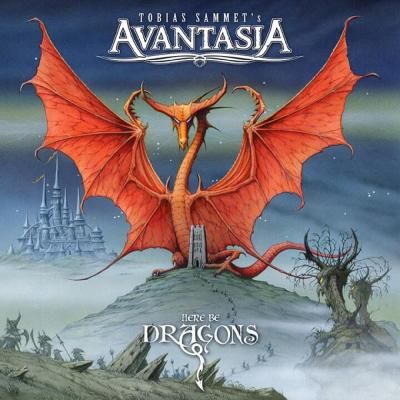 Avantasia - Here Be Dragons - 2025
Avantasia - Here Be Dragons - 2025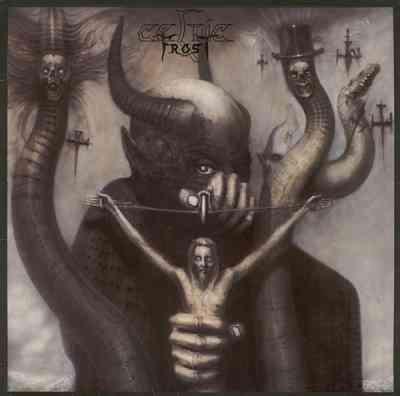 Celtic Frost - To Mega Therion - 1985
Celtic Frost - To Mega Therion - 1985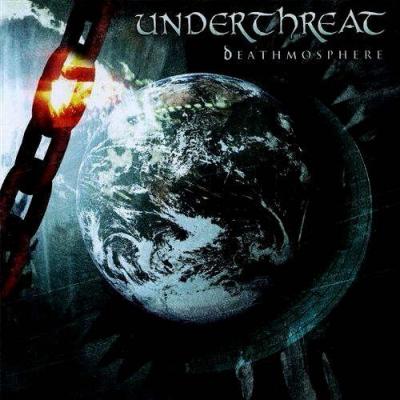 Under Threat - Deathmosphere - 2006
Under Threat - Deathmosphere - 2006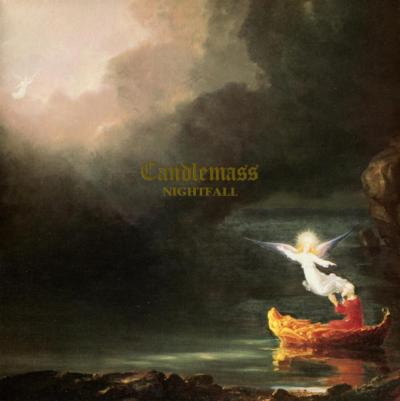 Candlemass - Nightfall - 1987
Candlemass - Nightfall - 1987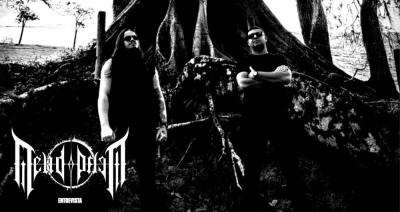 Entrevista a A Dead Poem
Entrevista a A Dead Poem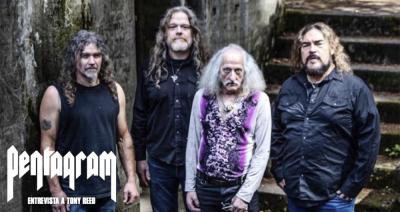 Entrevista a Pentagram (Tony Reed)
Entrevista a Pentagram (Tony Reed) Entrevista a Patriarkh (Bartłomiej Krysiuk)
Entrevista a Patriarkh (Bartłomiej Krysiuk)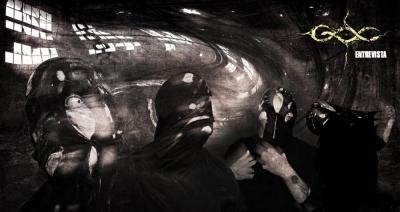 Entrevista a G. O. C. (Atanh)
Entrevista a G. O. C. (Atanh)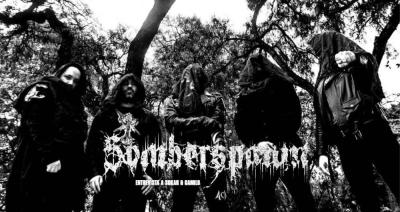 Entrevista a Somberspawn (Sokar & Camilo)
Entrevista a Somberspawn (Sokar & Camilo)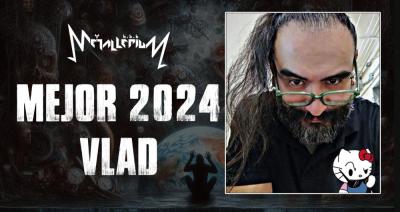 Lo mejor del 2024 según Vlad
Lo mejor del 2024 según Vlad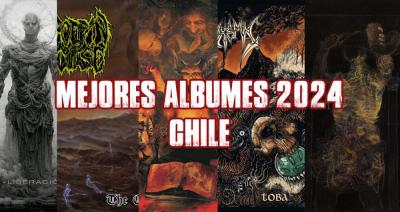 Lo mejor de Chile 2024
Lo mejor de Chile 2024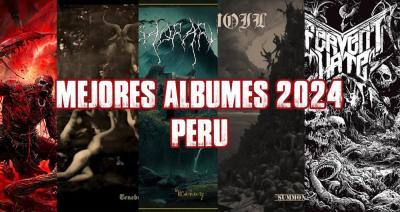 Lo mejor de Perú 2024
Lo mejor de Perú 2024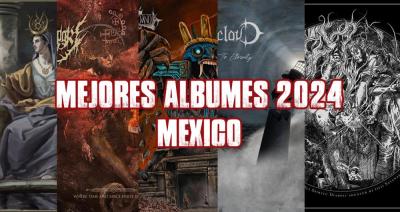 Lo mejor de México 2024
Lo mejor de México 2024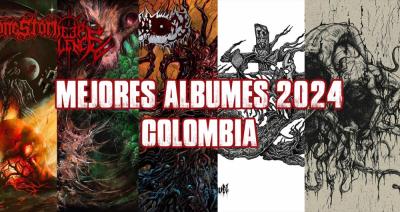 Lo mejor de Colombia 2024
Lo mejor de Colombia 2024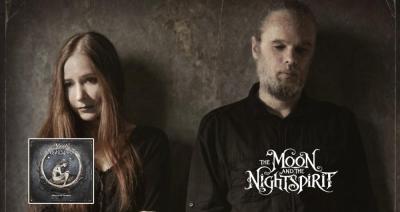 The Moon and the Nightspirit presentan nuevo sencillo Cosmic Seed de nuevo álbum Seed of the Formless
The Moon and the Nightspirit presentan nuevo sencillo Cosmic Seed de nuevo álbum Seed of the Formless
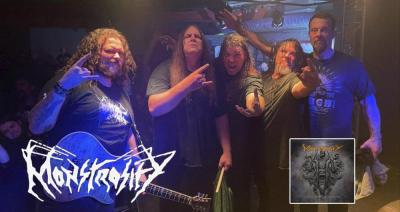 Monstrosity presentan nuevo sencillo The Colossal Rage de nuevo álbum Screams from Beneath the Surface
Monstrosity presentan nuevo sencillo The Colossal Rage de nuevo álbum Screams from Beneath the Surface
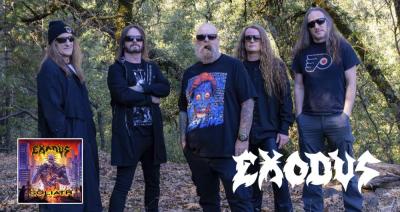 Exodus presentan nuevo sencillo 3111 de nuevo álbum Goliath
Exodus presentan nuevo sencillo 3111 de nuevo álbum Goliath
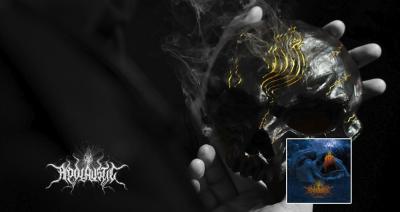 Apolaustic presentan nuevo sencillo Fragments from a Misty Journey de nuevo álbum No Plenitude Without Suffering
Apolaustic presentan nuevo sencillo Fragments from a Misty Journey de nuevo álbum No Plenitude Without Suffering
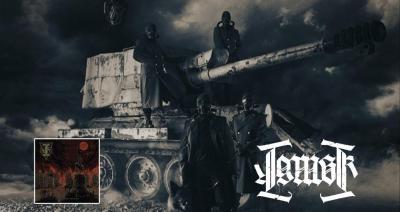 Lömsk presentan nuevo sencillo Fields of Elysium de nuevo álbum Act II - Of Iron and Blood
Lömsk presentan nuevo sencillo Fields of Elysium de nuevo álbum Act II - Of Iron and Blood
 Michael Sweet presentan sencillo principal de nuevo álbum The Master Plan
Michael Sweet presentan sencillo principal de nuevo álbum The Master Plan
 Cemetery Reign presentan nuevo sencillo Pendulum Clock de nuevo álbum Confined to Time
Cemetery Reign presentan nuevo sencillo Pendulum Clock de nuevo álbum Confined to Time
 Anthea presentan nuevo sencillo Phantom In The Masquerade de nuevo álbum Beyond The Daw
Anthea presentan nuevo sencillo Phantom In The Masquerade de nuevo álbum Beyond The Daw
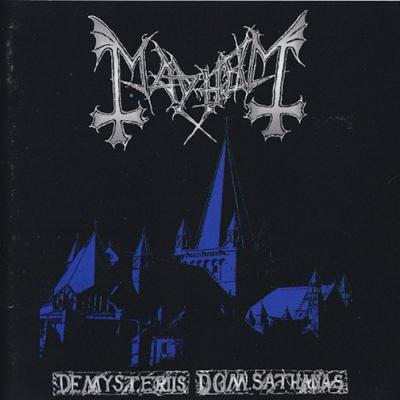 De Mysteriis Dom Sathanas
De Mysteriis Dom Sathanas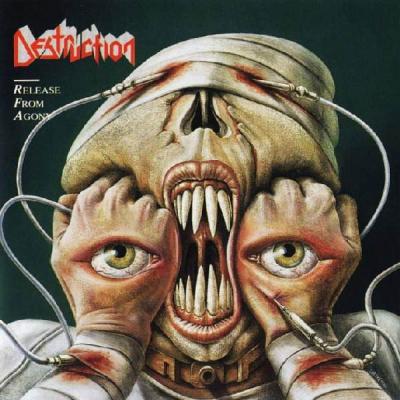 Release from Agony
Release from Agony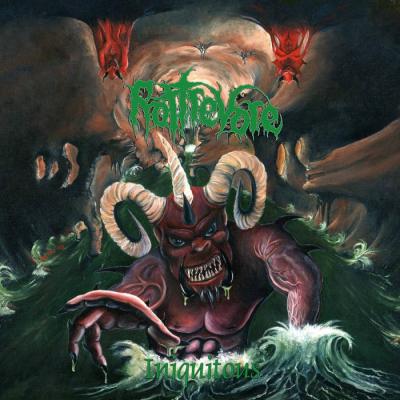 Iniquitous
Iniquitous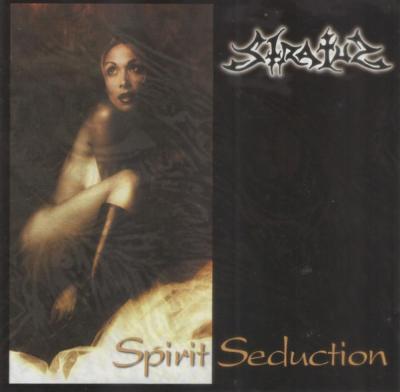 Spirit Seduction
Spirit Seduction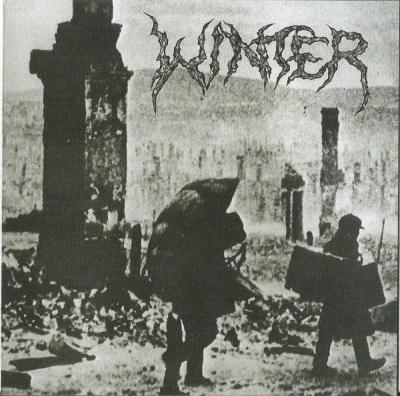 Into Darkness
Into Darkness